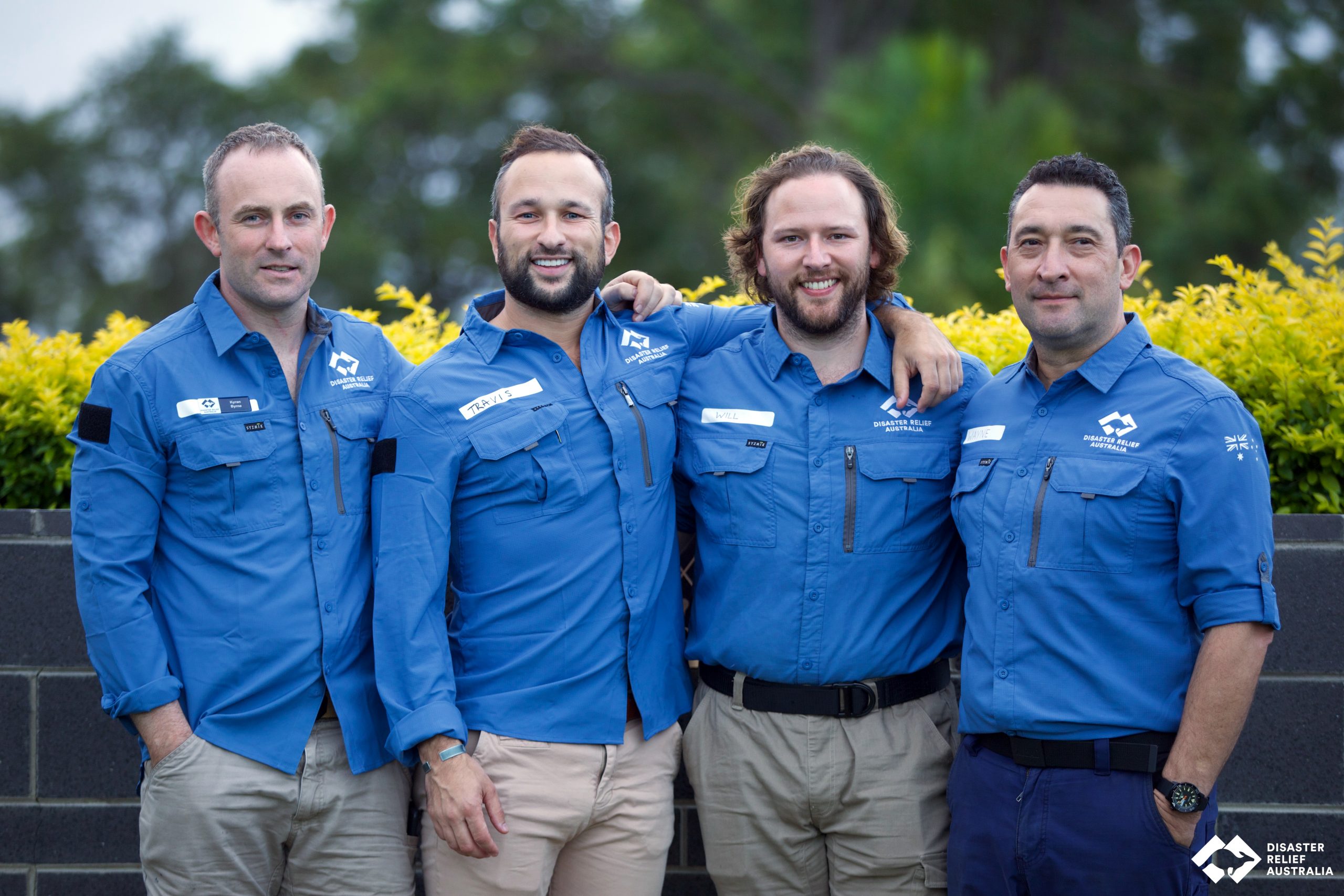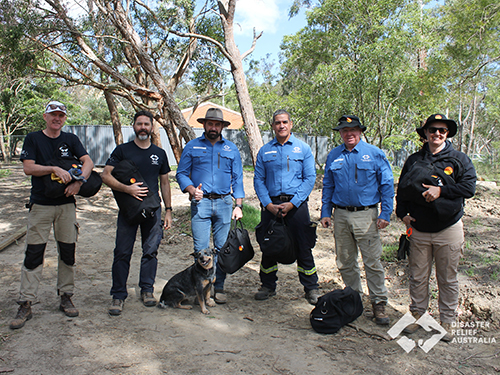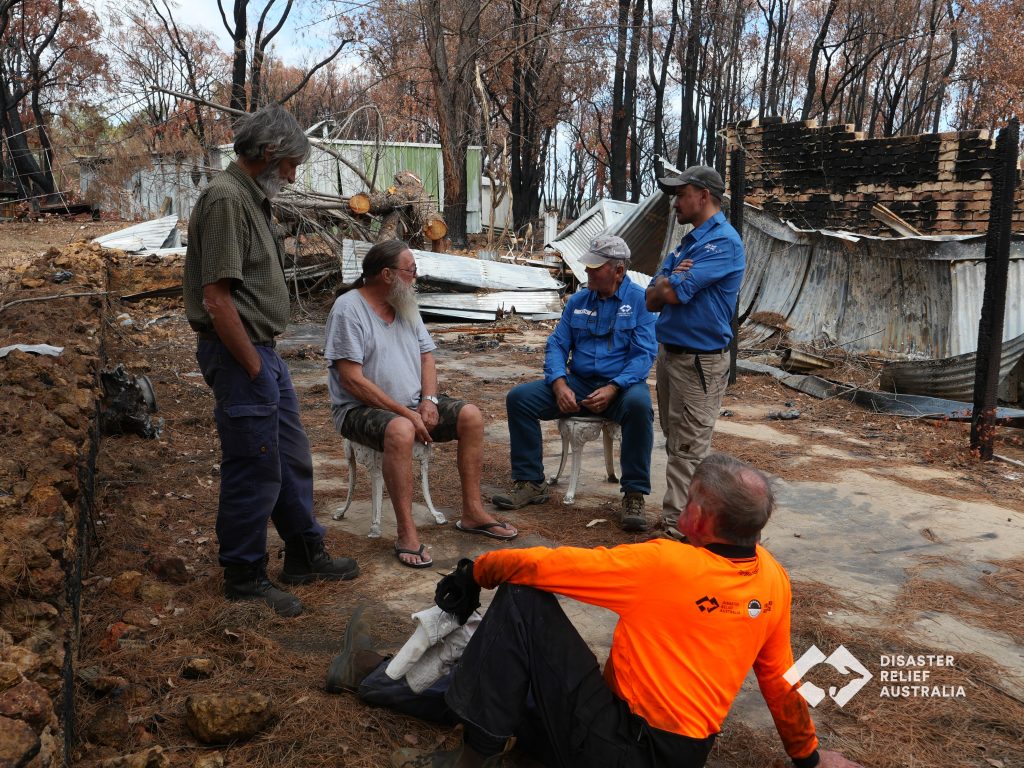Have you ever been driving your car and you notice a light come on the dashboard? I have a V8 and I can remember clearly the time when a light I hadn’t seen before suddenly appeared whilst I was cruising on the highway. It wasn’t a nice feeling. What are my choices? I can ignore it or I can respond to it.
Firstly though I need to know what the light represents? What is the car telling me? What is its unmet need, the issue or lack it has? There is no point in me getting new tyres if it’s an electrical issue. There’s no point filling up with fuel if it brake fluid. There are times when I can attend to my car’s needs myself and there are times when I need to get a professional to help me.
When a light appears on the dashboard, the car is not weak or inadequate but it is expressing a lack or a need and the car is trying to communicate this to me. It’s up to me what I do with that information. If I choose to ignore it eventually my car will no longer be drivable and the repairs may be far greater than if I responded to the needs earlier.
This can be the same for us when it comes to our own mental health and wellbeing. Sometimes an unmet need or an issue starts off as a light on our emotional, physical, psychological or spiritual dashboard. The first thing to do is to acknowledge it and to identify what it is telling you. What is the need? What is the lack? And who do I need support from to rectify it?
It’s “Movember” month and the focus is on Men’s Mental Health and Wellbeing. And although I can’t support it by growing a moustache myself, I am 100% supportive to the men in my world. Being married to a man and having 5 sons myself, and working with many men in DRA, men’s mental health is a high priority for me.
The mantra for “Movember” is “It’s time to speak up. Our fathers, partners, brothers and friends are facing a health crisis, yet it’s rarely talked about. Men are dying too young. We can’t afford to stay silent”. I don’t know about you but this is something I want to get behind and be a part of the mental health and wellbeing momentum.
What’s your role in this? Whether you are male or not, men’s mental health impacts us all in our families and our communities. We all have a responsibility to take care of our own mental health and wellbeing as well as looking out for our mates.
One of the DRA core values is Mateship where we assume the best about those with whom we serve. We look out for one another and that’s not only what we do it is who we are as an organisation.
Mental health and wellbeing means different things to us all but it is commonly defined as “an individual’s ability to function effectively while managing the varied challenges of daily life with confidence, purpose and energy”. Wellbeing affects every facet of our lives including physical, emotional, mental, spiritual and relational. When one of these are areas are out of balance it can impact on the others as well.
Mental health and wellbeing is not just the absence of illness or issues but the presence of life and vitality. My car may be running ok but if I got it serviced regularly and maintained it and looked after it the best I can, then it will be able to function at its best and I can enjoy trouble free driving for longer.
In the month of Movember I ask you all:
- Do you have any lights on your dashboard?
- Are you ignoring them hoping they will go away?
- Do you know what they represent?
- Do you know who you can go to for support?
- Is there anyone you know who doesn’t seem to be travelling well?
If you identify yourself or someone you know needs some support please remind them there is nothing wrong with them, something is happening in them. The car is not inadequate because it has a need and neither is anyone of us! If you notice a mate who isn’t doing so well, ask them if they are ok and if you can help them get some support? Ignoring issues doesn’t make them go away and is more likely to exasperate them. When it comes to mental health, lives can be at risk so let’s “speak up”.
There are many professional support you may consider to reach out to or refer others to:
Formal supports may look like:
- Doctor/GP; Counsellor, Psychologist, Psychiatrist, Chaplain.
Informal supports can be your family, friends, fellow DRA members, support groups, interest groups, sporting clubs, churches and community services like Menshed.
Some men prefer talking to someone in a confidential and anonymous phone support service such as:
- Lifeline 13 11 14
- Beyond Blue 1300 224 636
- Open Arms 1800 011 046
- 1800Chaplain 1800 24 27 52
- Black Dog Institute 02 9382 4530
- Mensline 1300 789 978
- Mens Referral Service 1300 766 491
- Mental Health Crisis 1800 011 511
- DRA National Wellbeing 02 9158 9386
All of these organisations also have websites with information and referral options and services that you may wish to consider as a way to identify your need and get appropriate support.
What is important is that you speak up and reach out to find what works for you, and what is the best support available for what you need. It could be the start of your own wellbeing and mental health journey but it starts with you.
On behalf of DRA and the Wellbeing team, we are grateful for the service each one of you has given to the communities that DRA support. However, remember you are a valuable irreplaceable resource that needs to have their needs met too so you can continue to do what you do. You owe that to yourself and the others who are in your world to make the most of the live you have for many years to come.
Michelle and Obi



